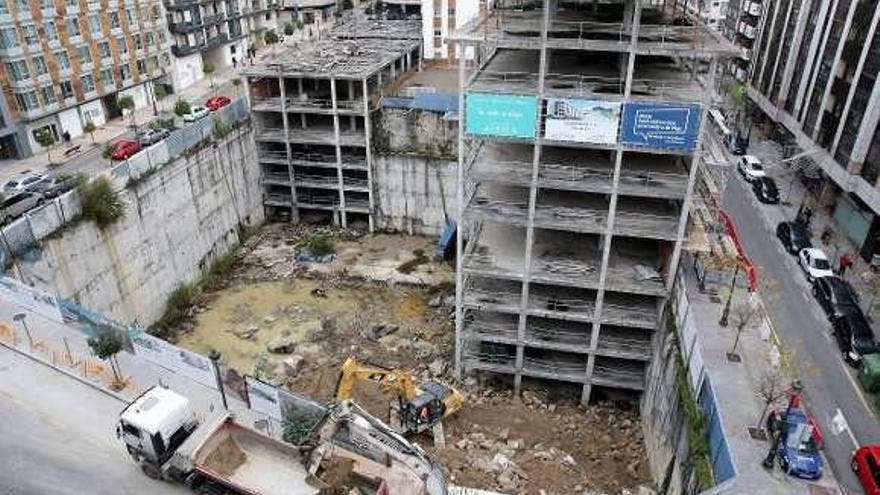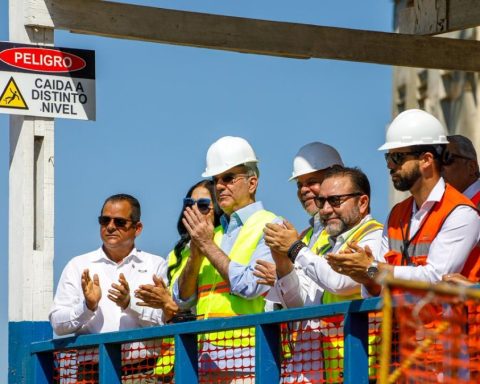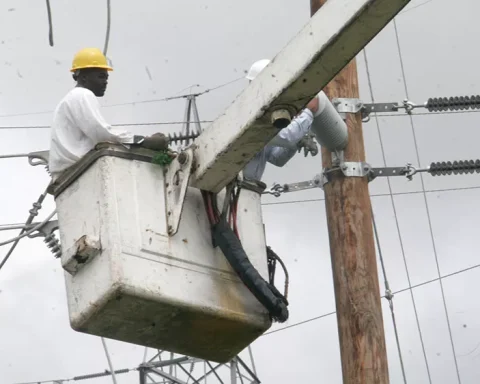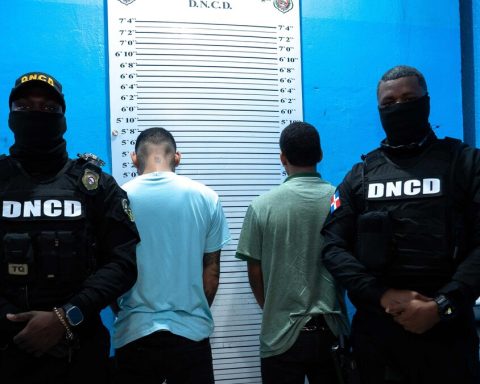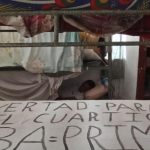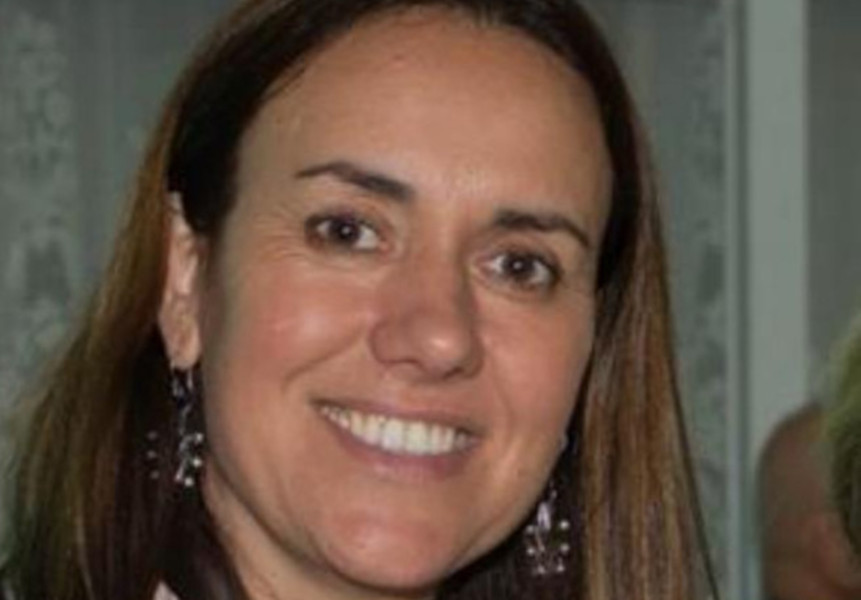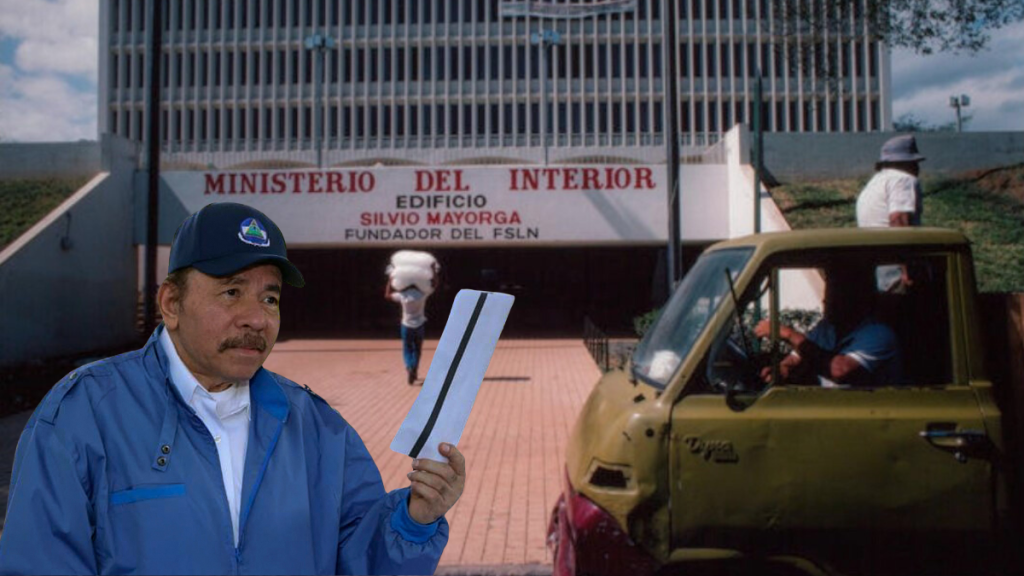The project received technical cooperation from the IDB of 300 thousand dollars and its objective is to reduce the housing deficit for the low-income population.
An IDB technical support project for the Dominican Republic has been completed. It represents an important contribution to the transformation of the housing sector, in order to facilitate access to a decent roof for the low-income population, through the reduction of construction costs and the formulation and updating of regulations that improve the functioning of the sector and strengthen the national and municipal institutions that influence the sector.
The objective of the project, which received non-reimbursable technical cooperation from the IDB, 300 thousand dollars, is to reduce the housing deficit for the low-income population.
Citizen Forum, through its Housing and Habitat area, has estimated the housing deficit in 1.5 million unitsand has pointed out that it is becoming increasingly difficult for the poor and lower middle class to obtain a roof over their heads.
The high cost of construction services and low incomes of families prevent them from accessing the formal construction market, which worsens the quality and safety of homes. Added to this are institutional weaknesses that must be overcome both in laws and regulations and at the level of each municipality.
Demographic changes and changes in household composition, with more single-parent families or families headed by women, are additional challenges that exacerbate the housing deficit and the need for inclusive solutions.
Specifically, the objective of the IDB’s technical cooperation is to support the Dominican Government in reforming the housing and urban development sector and to propose solutions for more accessible and green housing.
The specific objectives are to analyze and evaluate the main challenges in the production and access to housing for the low-income population; to design policies and programs to expand the access of the low-income population to housing, as well as to good quality built environments and basic services; and to formulate and update norms, regulations and processes that improve the functioning of the housing sector, strengthening national and municipal public institutions.
Some steps have been taken, such as the creation of the Ministry of Housing, Habitat and Buildings, through the Law No. 160-21and the process initiated in Congress for the approval of a new rental law so that owners can recover possession of the property without hindrance in the event of a tenant’s refusal to pay the rent, complying with the conditions established in the project.
This project must continue its course without any setbacks until it becomes law, in order to encourage investment in the construction of rental housing, leaving behind the current regulations, which are not investor-friendly because they make it extremely difficult to recover the possession of the property.
It should not be overlooked that there is no single solution to closing the housing gap in the region. More and better options must be offered to families through policies: rent or buy, move or stay, borrow or not, buy or build. “A broad menu of options can go a long way to improving the lives of millions of people and contribute to the economic and social development of our region.”
The changes initiated in the housing sector and those to come in light of the technical support project financed by the IDB must be supported by everyone to guarantee decent housing for every Dominican, which is a constitutional right.
In its Article 59, the Constitution of the Republic establishes: “Every person has the right to decent housing with essential basic services.
The State must establish the necessary conditions to make this right effective and promote housing plans and human settlements of social interest. Legal access to titled real estate property is a fundamental priority of public housing promotion policies.”
